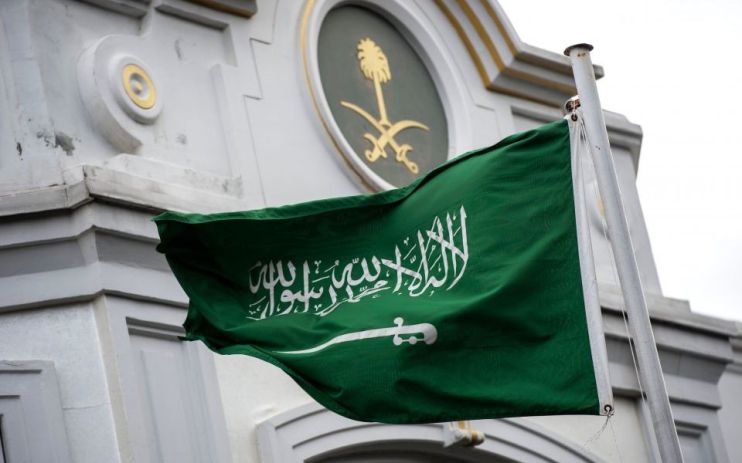Saudi diplomat should not be shielded from ‘modern slavery’ lawsuit, UK’s Supreme Court says

A Saudi diplomat should not be shielded from a ‘modern slavery’ lawsuit – brought against him by one of his former domestic workers – because of diplomatic immunity, the UK’s highest court has said.
Saudi Arabian diplomat Khalid Basfar should be forced to face an employment tribunal over claims he kept Filipino national Josephine Wong in conditions akin to slavery, whilst working as a diplomat in London, the Supreme Court said.
The ruling comes after Wong brought forward a civil lawsuit against the diplomat over claims she was forced to work for Basfar and his family for months without pay.
The domestic worker claimed that after first being brought to the UK in 2016, she was forced to carry a door-bell on her person at all times, which could be rung by Basfar and his family, to ensure she was constantly at their beck and call.
The worker said she was fed only leftovers – apart from when the family were away – as she said she was confined to the house at all times – apart from when taking out the rubbish – and only allowed to talk to her family twice a year.
Wong said that whilst working 16 hour days for the family from seven in the morning to 11:30 at night, she was shouted at incessantly and regularly called insulting names.
The worker said that she was also paid nothing for the first seven months she was in the UK, as she claimed to have only be paid a lump sum of £1,800 for her entire term of work, before she escaped the family’s servitude in May 2018.
After the domestic worker filed an employment lawsuit against Basfar in 2018, the diplomat later sought to claim diplomatic immunity to shield himself from a civil claim by Wong,
However, the UK’s Supreme Court today blocked Basfar from claiming diplomatic immunity in response to the civil suit, as it refused to dismiss Wong’s claims.
By a majority of three to two, the judges said there is little risk that British diplomats in other countries may be exposed to retaliatory measures, as they argued a hearing is needed to determine the truth of the allegations.
The ruling notes there is evidence that exploitation of migrant workers by foreign diplomats is a “significant problem” in the UK and elsewhere.
The judgement comes after an independent report by James Ewins QC in 2015 raised concerns that domestic workers in diplomatic households are vulnerable to abuse, due to the isolation they face while working abroad.
Nusrat Uddin, a partner at the London law firm Wilsons Solicitors, acting on behalf of Wong, said the Supreme Court judgement has “far reaching implications for victims of modern slavery and domestic servitude who are ill-treated by diplomats.”
She explained that “diplomats are no longer protected from exploiting their workers,” as she called on other countries to take note of the UK’s stance and “change the course of this thriving global crime, especially where it is carried out by state officials.”
“We hope that this case acts as a deterrent against such abuse going forward and exposes the hidden realities in some diplomatic households,” Uddin said.
The Saudi Arabian embassy has been approached for comment. Lawyers from Reynold Porter Chamberlain LLP, acting on behalf of Basfar, refused to comment.